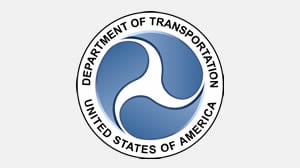RSS feed source: National Science Foundation
Advances in fundamental technologies enable robots to collaborate with humans, as well as with other robots. David Saldaña, assistant professor in the department of computer science and engineering at Lehigh University, discusses his work developing resilient and adaptive collaborative aerial robots.
https://youtube.com/watch?v=videoseries&list=PL0ujJTaPsv3cFZCgjHk-XdsD7JjY6wM0t
Listen to NSF Discovery Files wherever you get your podcasts.
Click this link to continue reading the article on the source website.



